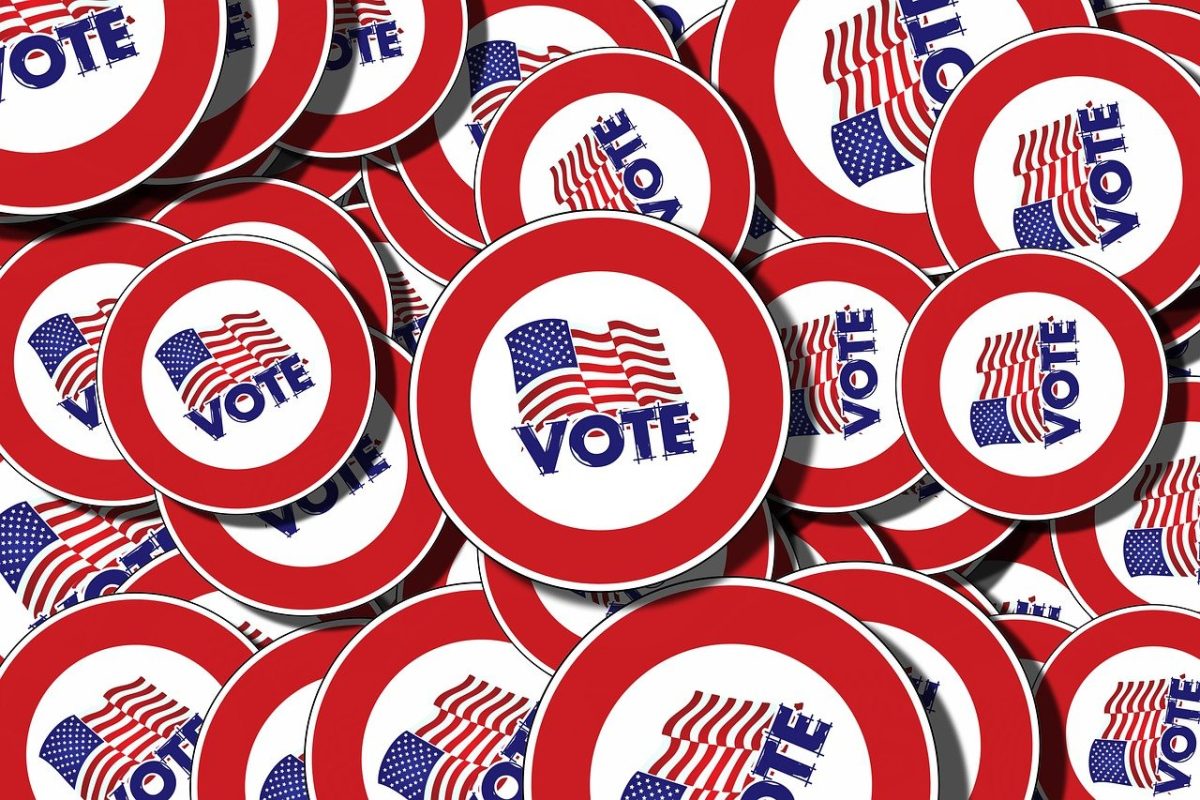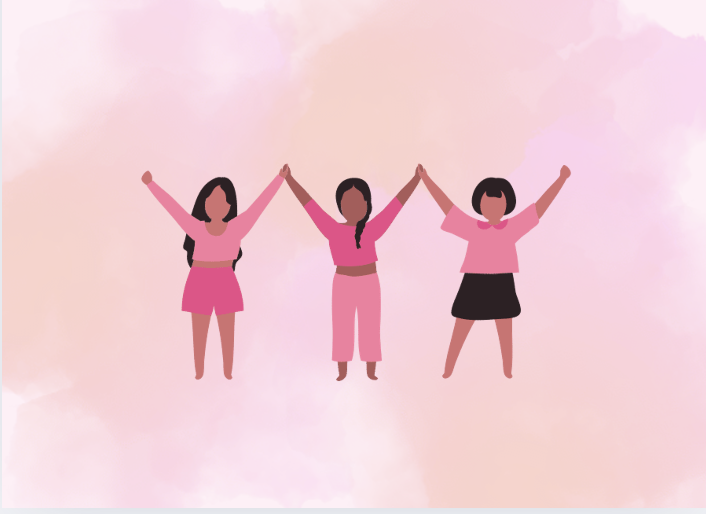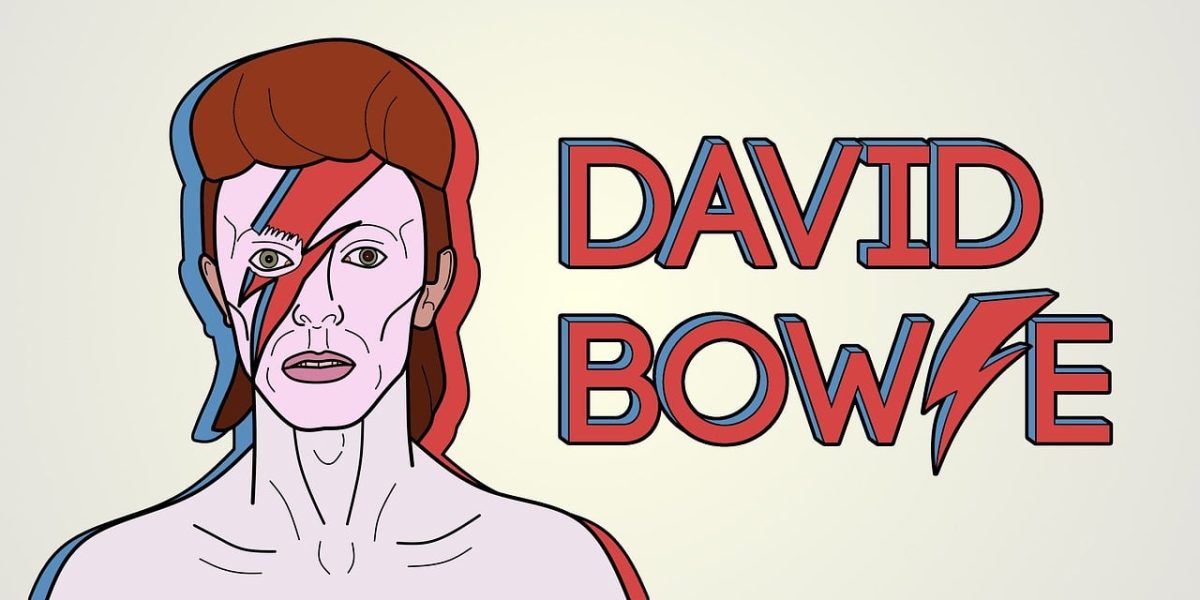Activism culture has become more defined in recent years. With peaceful and non-peaceful protests, from small to large, to riots, a large number of people have a specific idea of what activism is.
When asking around the school, multiple students expressed their personal opinion on activism and their activism causes.
Sophomore Ben Smith believes that behavior is an important cause. When asked if he had a cause, he said “My behavior,” and also believes behavior in general is important.
Senior Montana Murray is passionate about the MeToo Movement, which is a movement against sexual abuse and harassment.
“Well, I was in a sociology class, and I found out a lot of people can relate to it,” said Murray.
Teacher Mrs. Morse says she is passionate about Women’s Rights, saying she’s “emailed senators about it.” And believes activism is simply “becoming active.”
While some people I approached did not really have a cause, many did. While the causes were diverse, one thing remains clear: whether teacher or student, child or adult, everyone can have a cause, and everyone can make a difference.







